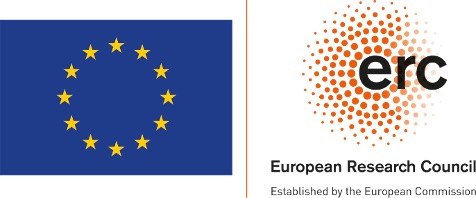Ludvig Beckman is a Professor in Political Science at Stockholm University and the Institute for Futures Studies, Stockholm. He has researched on topics such as the role between individual rights and public power, sovereignty, and democracy. Publications include Frontiers of Democracy (Palgrave Macmillan, 2009), and Boundaries of Democracy (Routledge, 2022).
In this talk, he will present the following paper:
Title: What authority? Whose authority? State legitimacy and extra-territorial border controls revisited
Abstract: Extra-territorial border controls prevent migrants from arriving at the territory of the state and effectively undermine rights to apply for asylum and protections against non-refoulement. As a result, a wealth of scholarship argues that external border controls are illegitimate exercises of state power. The question raised here is to which state the charge of illegitimacy should be attributed?
On the conventional account, the legitimacy of the state depends on moral justified authority: the state wields legitimate authority only if it is justified in imposing morally binding norms. Given that the state regulates conduct by law, the authority claimed by the state is legitimate only if the law is morally binding. But as argued here, it is unclear which state claims the legal authority to regulate the conduct of migrants in the case of extra-territorial border controls. Do standards of legitimate authority apply to the state that externalizes border controls away from its own territory, or do they apply to the state that wields authority over the territory where controls are enforced?
This paper proceeds from the assumption that the answer depends on how legal authority is conceptualized. The application of authority to extra-territorial border controls depends on whether authority equals (i) the liberty-right to enforce the law, (ii) the power-right to regulate conduct by law or (iii) the power-right to regulate the power-right to regulate conduct by law.
The argument defended is that it is unclear that extra-territorial border controls are exercises of authority over migrants on both the first and the second account. On the third account the answer is clear, however: migrants are subject to the authority of the state in control of the territory where extra-territorial border controls are enforced. The conclusion is that the charge of illegitimacy should be directed against the state that allows other states to enforce extra-territorial border controls on their territories.

'DynamiTE lunchtime seminars' are a part of the project 'Dynamic Territories'. This project has received funding from the European Research Council (ERC) under the European Union’s Horizon 2020 research and innovation programme (grant agreement No 948964).
A link will distributed in the Dynamic Territory list to those interested in attending this event digitally, to join the list contact patrik.baard[a]ifikk.uio.no.
